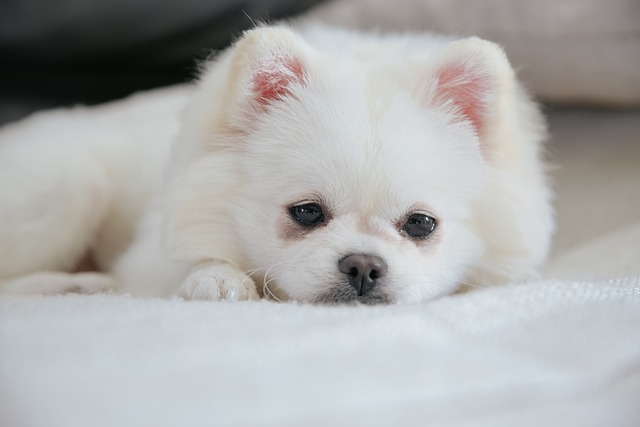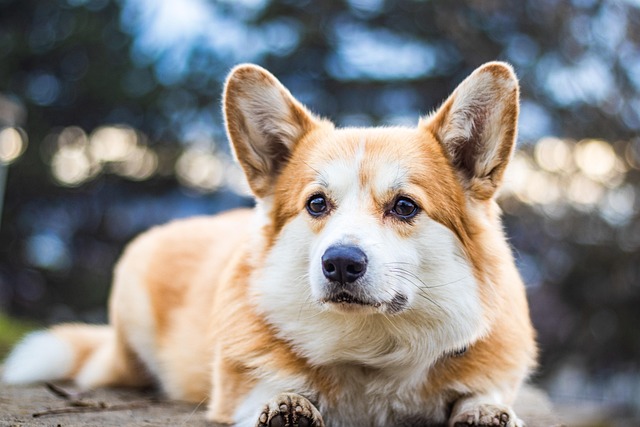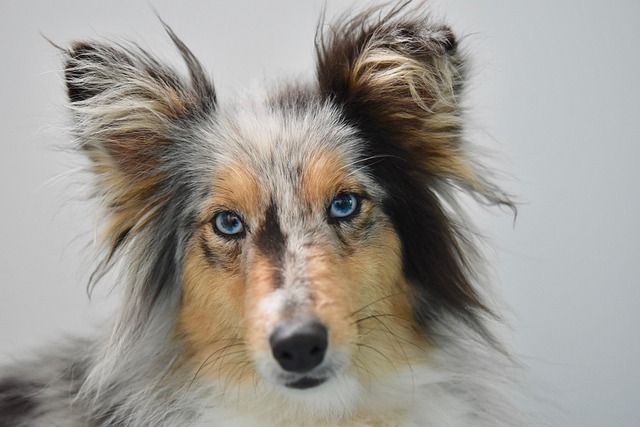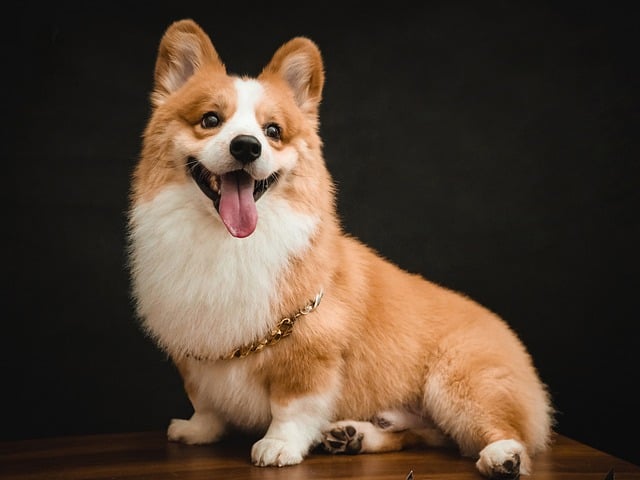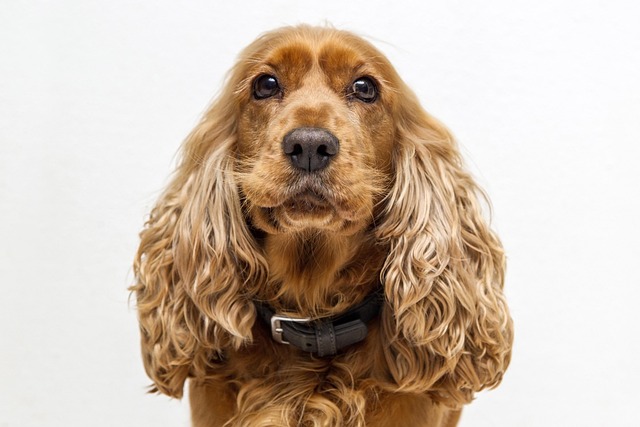Shih Tzu potty training earns a reputation for being tricky, but it’s less about stubbornness and more about understanding their unique traits. These small, affectionate dogs thrive on routine and connection—get those right, and the process becomes far smoother. With patience and the right approach, most Shih Tzu catch on faster than you might expect.
Their tiny bladders play a role. Puppies under six months can’t hold it for long, needing trips outside every 2–3 hours. Even adult Shih Tzu have limits compared to larger breeds, so frequent breaks are non-negotiable. This isn’t misbehavior; it’s biology. Skipping these opportunities sets them up for accidents, which can make training feel like an uphill battle.
Distractions are their kryptonite. A Shih Tzu’s curiosity often wins out—they’d rather sniff a new flower or chase a butterfly than focus on pottying. When you take them outside, pick a quiet spot away from noise and activity. Stand still, use a calm cue like “go now,” and wait. Rushing them or letting them play before they go teaches them to delay—frustrating for both of you.
Consistency matters more than with some breeds. Shih Tzu thrive on predictability, so feeding times, play sessions, and potty breaks should follow the same schedule daily. Weekends that stray from the routine can undo progress, as these little dogs rely on patterns to understand expectations. A missed morning trip outside because you slept in might lead to an avoidable accident.
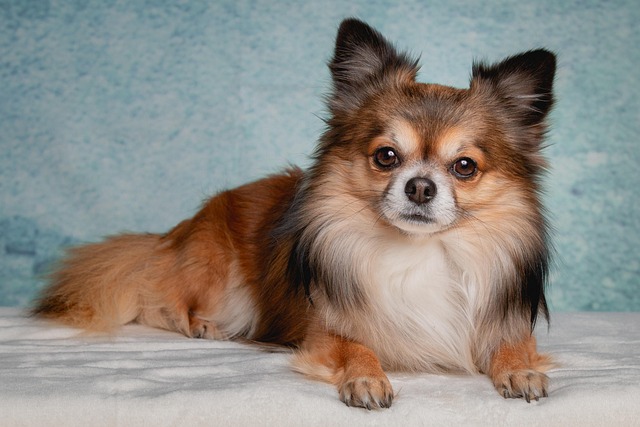 Positive reinforcement is non-negotiable. Harsh words or punishment confuse them—they won’t link scolding to a previous accident, but they will learn to fear going near you when they need to go. Instead, celebrate success immediately with a tiny treat (think a piece of freeze-dried chicken) and excited praise. Their desire to please makes them eager to repeat behaviors that earn your approval.
Positive reinforcement is non-negotiable. Harsh words or punishment confuse them—they won’t link scolding to a previous accident, but they will learn to fear going near you when they need to go. Instead, celebrate success immediately with a tiny treat (think a piece of freeze-dried chicken) and excited praise. Their desire to please makes them eager to repeat behaviors that earn your approval.
Crate training works, but it needs a gentle touch. Shih Tzu are social creatures who hate isolation, so the crate should feel like a safe space, not a jail. Keep it cozy with a soft bed, and never leave them confined for longer than they can hold it. A crate that’s too big defeats the purpose—they’ll soil one corner and sleep in another. The right size encourages them to hold it until you let them out.
Their long coats add a layer of complexity. After pottying, bits of grass, mud, or snow can cling to their fur, making them reluctant to go outside again. A quick trim around their hindquarters reduces this hassle, and wiping their paws after trips keeps your home clean too. Making outdoor time comfortable removes a common barrier to success.
Accidents happen, even with the best efforts. If you catch them mid-mistake, calmly guide them outside without fuss. Clean up thoroughly with an enzymatic cleaner—their keen sense of smell will draw them back to any lingering odor. Never scold after the fact; it erodes trust and makes them hide to potty, complicating training further.
Health issues can mimic training problems. Urinary tract infections or bladder stones cause frequent accidents, which might look like defiance. If your Shih Tzu suddenly regresses after consistent progress, a vet visit is wise. Pain or discomfort can derail even the best-trained dog, so ruling out medical causes is key.
Many owners find success with “potty pads” as a 过渡. Place them in a designated spot for days when weather or schedules make outdoor trips tough. Gradually move the pads closer to the door over time, then outside, to help them make the connection. This flexibility works well for apartment dwellers or those with busy lifestyles.
In the end, Shih Tzu aren’t harder to train—they just need a approach tailored to their needs. Their loyalty and eagerness to bond mean they’ll work with you when they understand what’s expected. Stay patient, keep routines tight, and focus on positivity—you’ll both get there, one successful trip outside at a time.
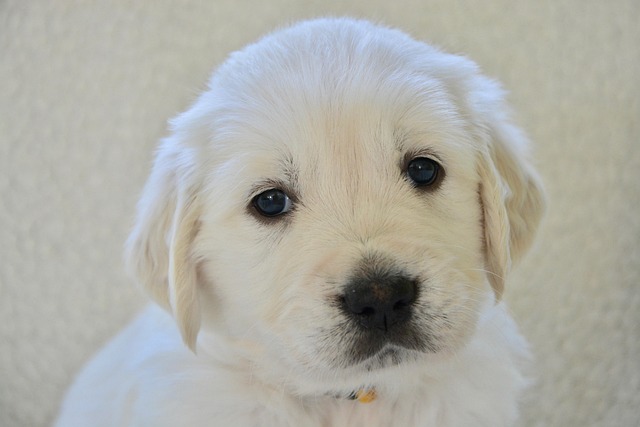
 Positive reinforcement is non-negotiable. Harsh words or punishment confuse them—they won’t link scolding to a previous accident, but they will learn to fear going near you when they need to go. Instead, celebrate success immediately with a tiny treat (think a piece of freeze-dried chicken) and excited praise. Their desire to please makes them eager to repeat behaviors that earn your approval.
Positive reinforcement is non-negotiable. Harsh words or punishment confuse them—they won’t link scolding to a previous accident, but they will learn to fear going near you when they need to go. Instead, celebrate success immediately with a tiny treat (think a piece of freeze-dried chicken) and excited praise. Their desire to please makes them eager to repeat behaviors that earn your approval.